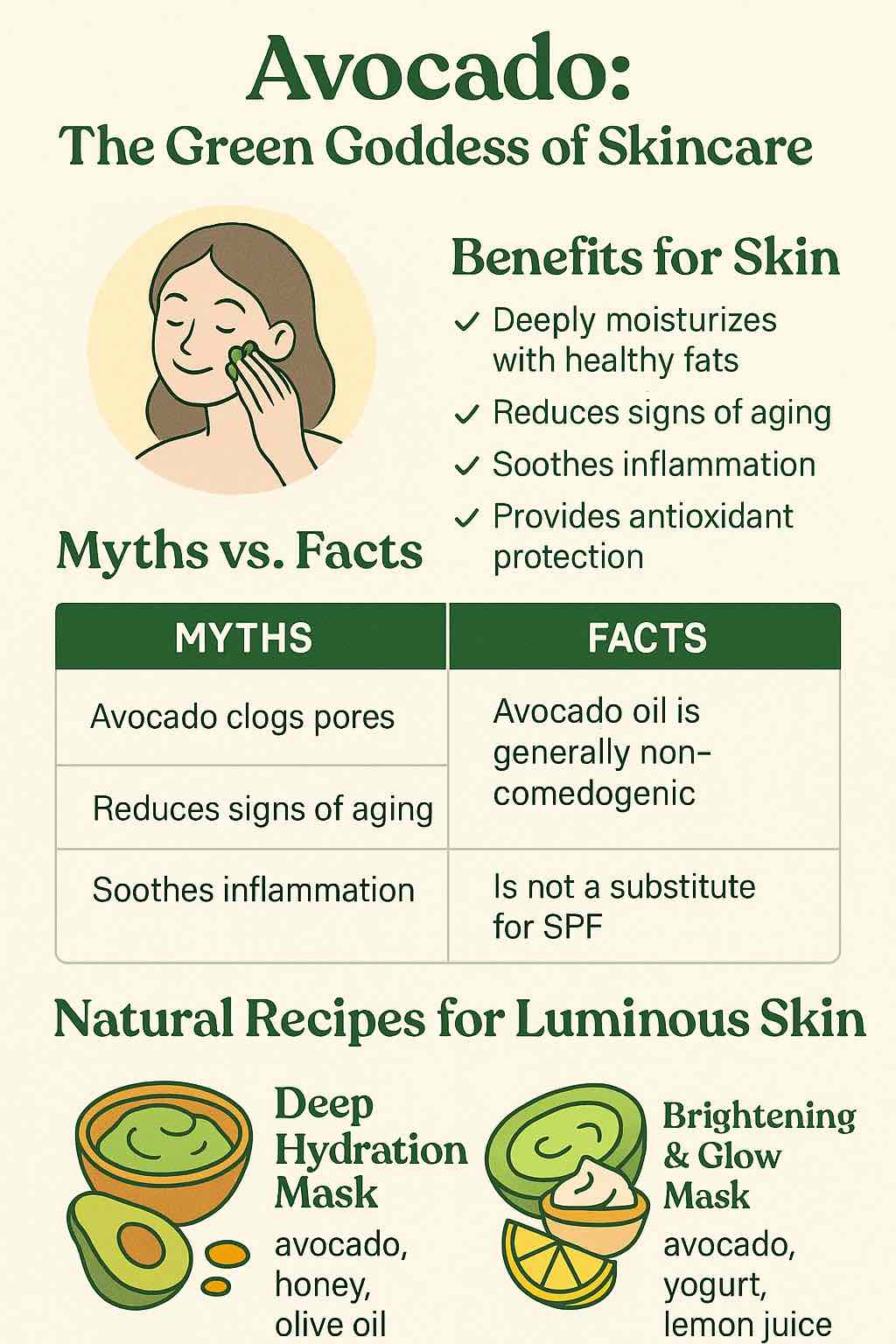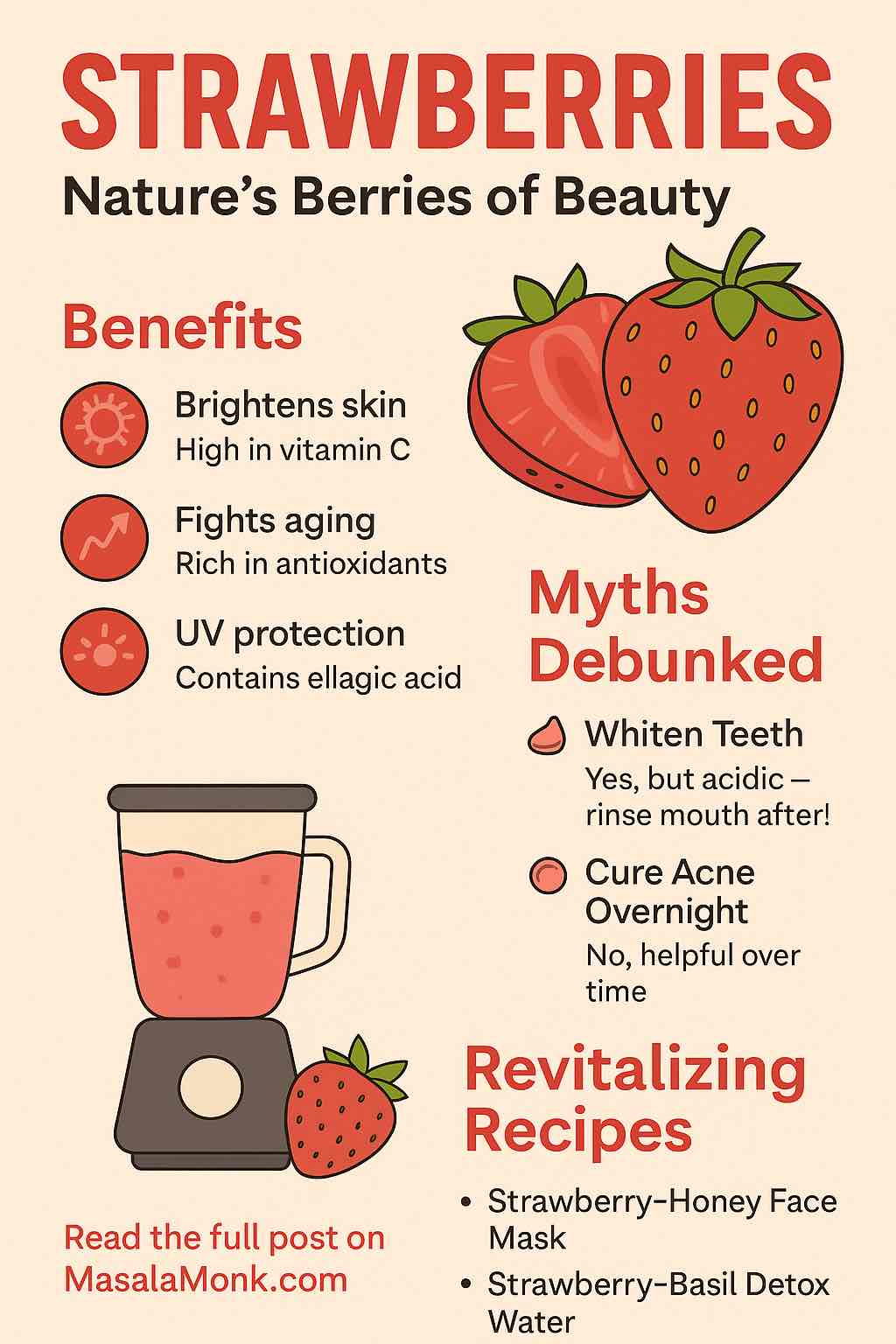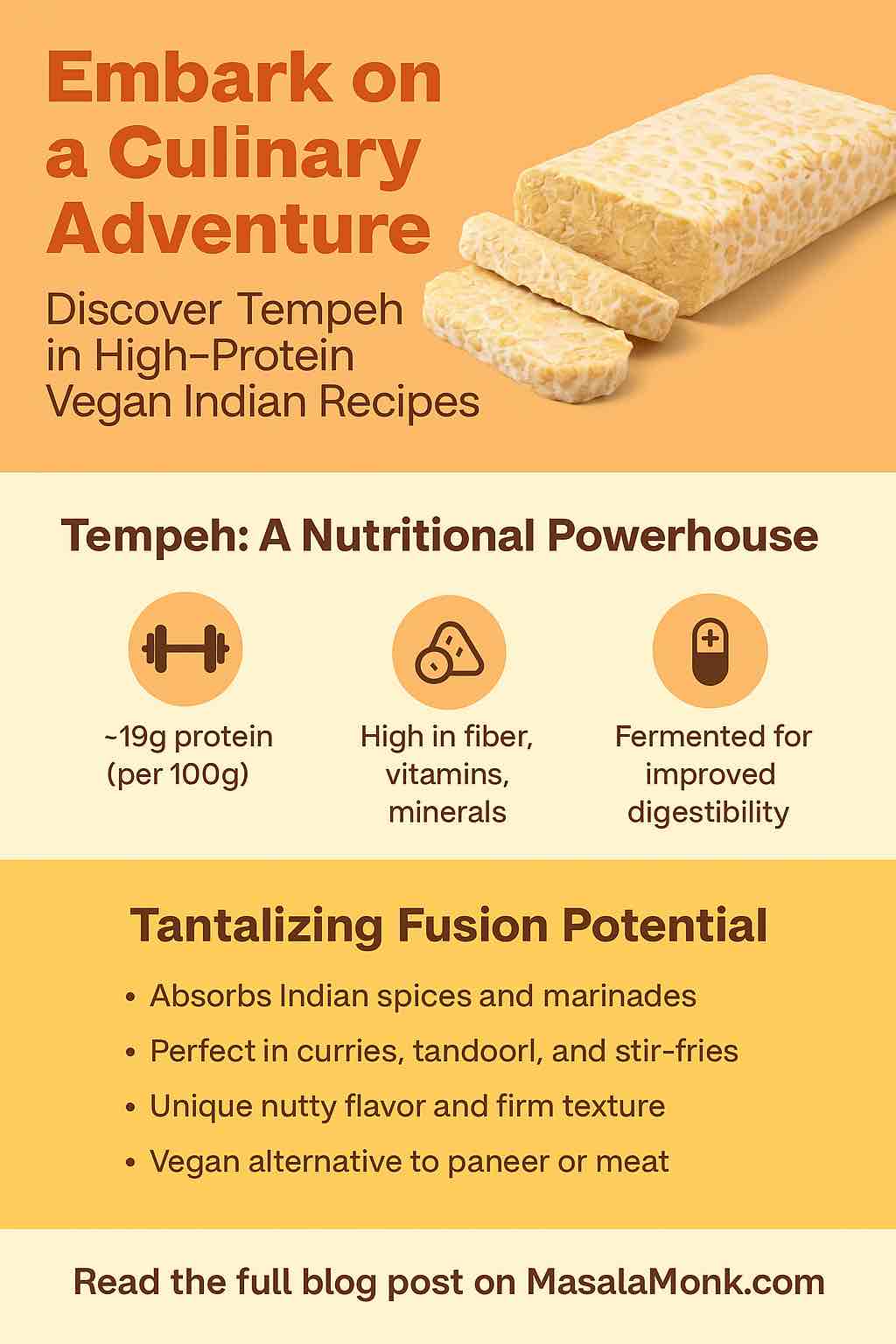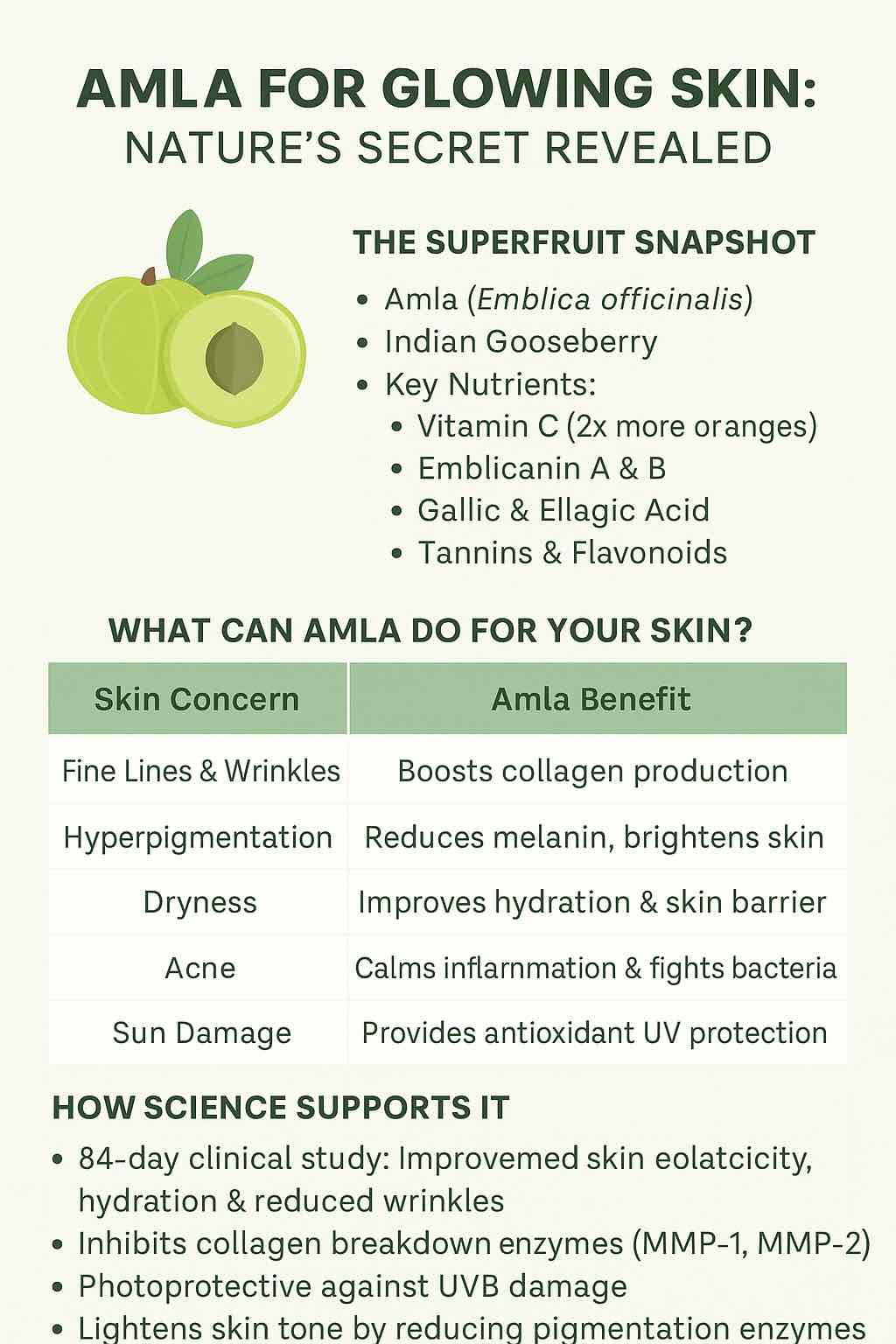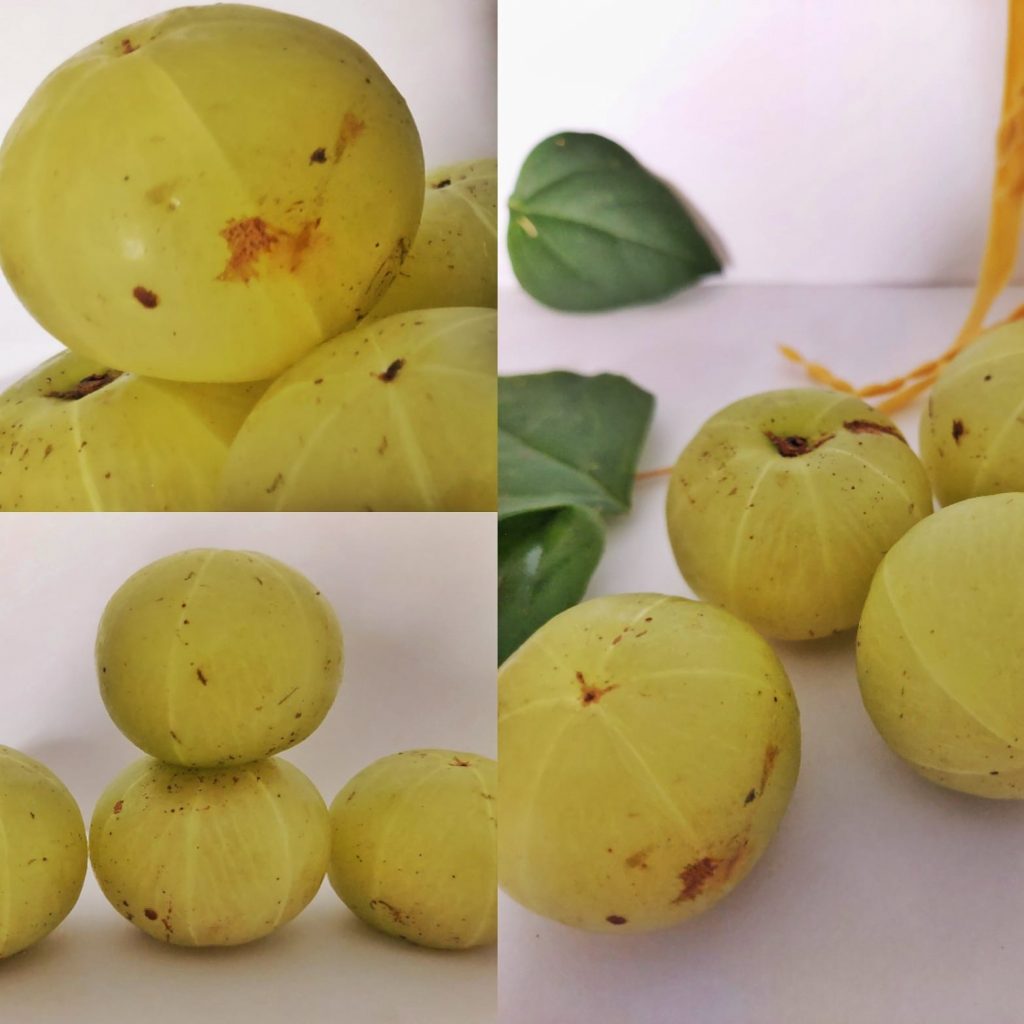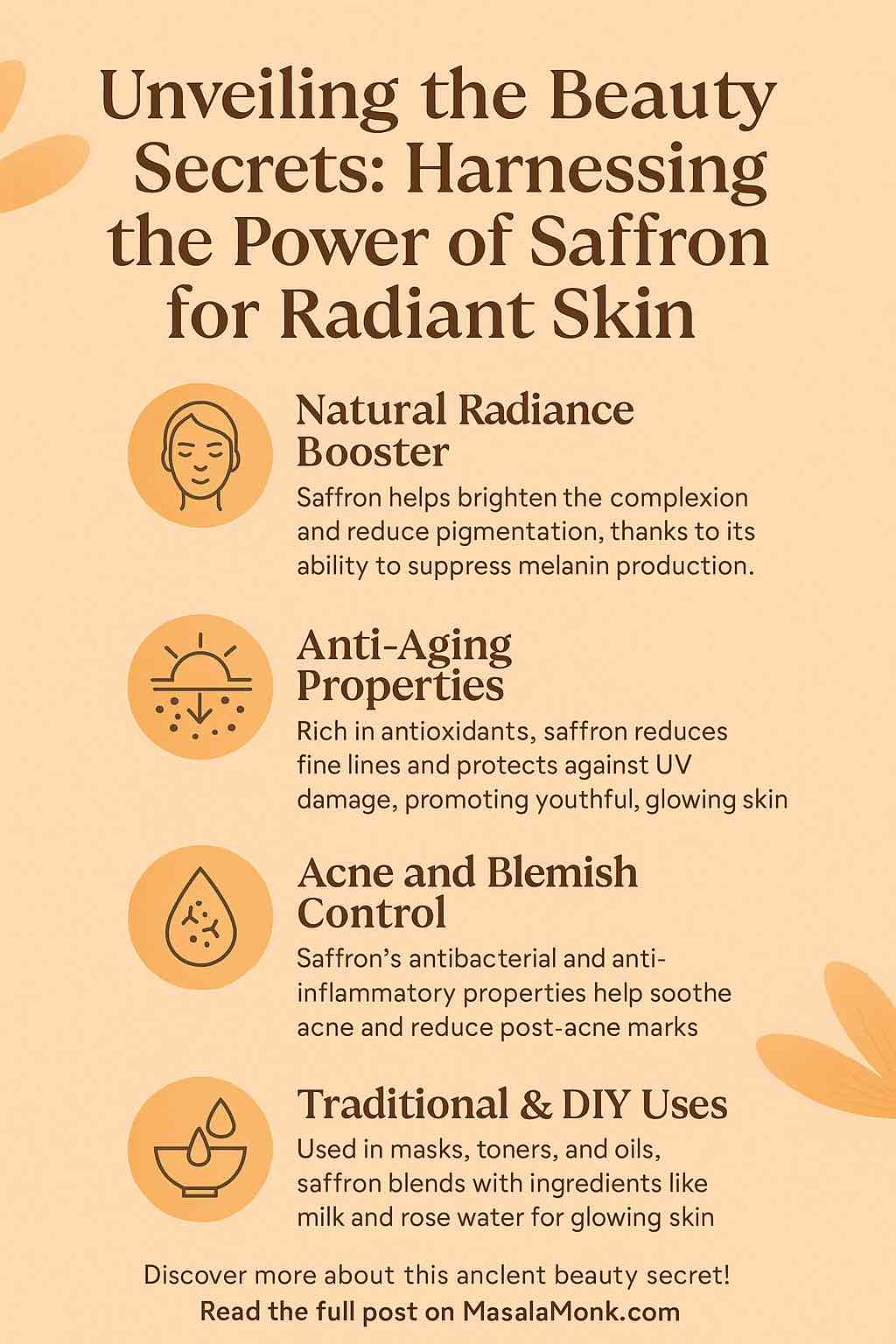
Saffron, also known as the “red gold,” is not just a prized culinary spice. For centuries, it has been celebrated in traditional medicine and beauty rituals for its powerful skin-enhancing properties. From Cleopatra’s saffron baths to Ayurvedic elixirs like Kumkumadi oil, saffron has journeyed from ancient times to become a contemporary skincare superstar. But what makes this tiny thread so potent for skin health? Let’s explore.
The Science Behind Saffron: Nature’s Skin Alchemist
Modern dermatological research reveals that saffron is rich in bioactive compounds:
- Crocin & Crocetin: Potent antioxidants that neutralize free radicals and reduce oxidative stress.
- Safranal: A natural anti-inflammatory that calms the skin and helps preserve collagen.
- Kaempferol & Flavonoids: Antibacterial and UV-protective agents that support skin barrier function.
Recent studies (2023–2024) have shown saffron to inhibit both tyrosinase (enzyme responsible for melanin production) and collagenase (which breaks down collagen), making it a dual-action agent for brightening and anti-aging.
Skin Benefits of Saffron: Backed by Science
- Radiance & Brightening
Saffron suppresses tyrosinase, reducing hyperpigmentation, dark spots, and uneven tone. It promotes healthy blood circulation, giving skin a natural glow. - Anti-Aging & Firmness
By inhibiting collagenase and enhancing collagen synthesis, saffron helps maintain skin elasticity and reduce fine lines. - Photoprotection
Saffron’s crocin and crocetin offer natural UVA and UVB defense, potentially outperforming some synthetic filters. - Acne & Blemish Control
Its antibacterial properties combat acne-causing bacteria like Propionibacterium acnes. Anti-inflammatory compounds reduce redness and swelling. - Hydration & Skin Repair
Saffron helps retain moisture and supports wound healing and skin regeneration, thanks to its polysaccharide content and regenerative activity.
DIY Skincare with Saffron: Practical Recipes
- Saffron Brightening Mask
Ingredients: 2-3 strands of saffron, 2 tbsp raw milk, 1 tsp honey
Method: Soak saffron in milk overnight. Mix in honey and apply for 15 minutes. Rinse off for an instant glow. - Saffron Toner
Ingredients: 3 strands saffron, 100 ml rose water
Method: Infuse saffron in rose water for 4-6 hours. Use as a facial mist or toner. - Kumkumadi Inspired Night Serum
Ingredients: Saffron strands, carrier oils like sesame or jojoba, optional herbs like sandalwood or licorice
Method: Warm the oil slightly and infuse with saffron for 24 hours. Strain and use a few drops before bed.
Note: Always patch test before using saffron topically, especially for sensitive skin.
Choosing Quality Saffron: What to Look For
- Color: Deep red threads with orange tips; avoid yellow or light-colored ones.
- Smell: Earthy, floral aroma; not musty or metallic.
- Origin: Kashmiri, Iranian, or Spanish saffron is considered high quality.
- Storage: Keep in an airtight container, away from light and moisture.
Market Trends & Innovation (2024-2025)
- Luxury Skincare: Brands like Ranavat, Forest Essentials, and Blue Nectar now offer saffron-based serums and moisturizers.
- Scientific Formulations: New research shows saffron in combination with avocado oil and hyaluronic acid enhances anti-aging efficacy.
- Sustainability: Due to climate impacts, vertical farming and ethical sourcing are becoming essential in saffron production.
Conclusion: A Timeless Elixir for Radiant Skin
Saffron beautifully bridges ancient skincare wisdom and modern scientific validation. Whether in a simple milk mask or a luxurious serum, its transformative potential is undeniable. With consistency and quality, saffron can help reveal your most radiant, resilient skin.
Ready to glow? Incorporate saffron into your skincare ritual and experience the golden touch of nature’s most exquisite flower.
FAQs: Harnessing the Power of Saffron for Radiant Skin
- Q: How often should I use saffron on my skin?
A: 2–3 times per week is ideal for DIY masks or toners. For daily use, saffron-infused serums can be applied nightly, as long as your skin tolerates it well. - Q: Can saffron help with dark spots and pigmentation?
A: Yes. Saffron inhibits tyrosinase, an enzyme responsible for melanin production, which helps lighten dark spots and even out skin tone with regular use. - Q: Is saffron suitable for all skin types?
A: Generally, yes—but those with very sensitive or reactive skin should patch-test first. Diluting saffron in milk, aloe, or oil helps minimize any irritation. - Q: Can saffron replace my regular sunscreen?
A: No. While saffron provides some natural UV protection, it’s not a substitute for SPF. Use it as a complementary antioxidant-rich ingredient alongside sunscreen. - Q: How long does it take to see visible results from saffron skincare?
A: Most users report a visible glow within 1–2 weeks. For deeper benefits like pigmentation reduction or anti-aging effects, it may take 4–6 weeks of consistent use. - Q: Is store-bought saffron effective, or does it need to be organic?
A: High-quality saffron is more important than just being organic. Look for deep red threads with a strong aroma and avoid powdered saffron, which is often adulterated. - Q: Can saffron be used during pregnancy or breastfeeding?
A: Topical use is generally considered safe in small amounts. However, avoid ingesting saffron supplements unless approved by a healthcare provider. - Q: How should I store saffron for skincare use?
A: Store in an airtight glass container in a dark, dry place. Exposure to light, air, or moisture can degrade its potency and color. - Q: What’s the difference between saffron-infused oil and Kumkumadi oil?
A: Kumkumadi oil is a traditional Ayurvedic formulation with saffron and 20+ herbs in sesame oil. Saffron-infused oil is a simpler version, ideal for DIY use. - Q: Can saffron be combined with other skincare ingredients?
A: Absolutely. Saffron works well with milk, honey, rose water, aloe vera, sandalwood, and oils like jojoba or sesame to enhance glow, hydration, and skin repair.

